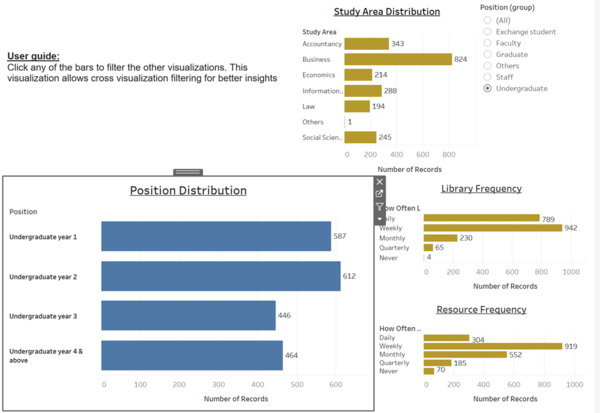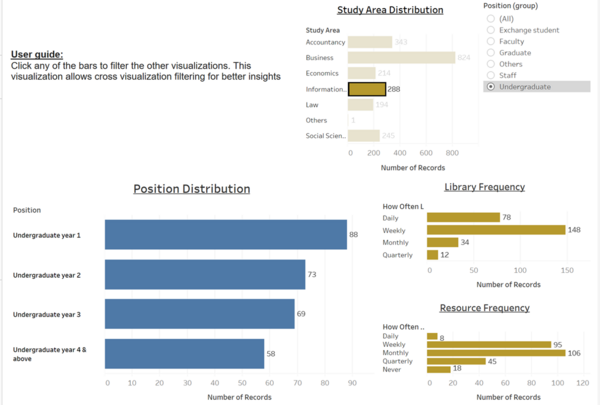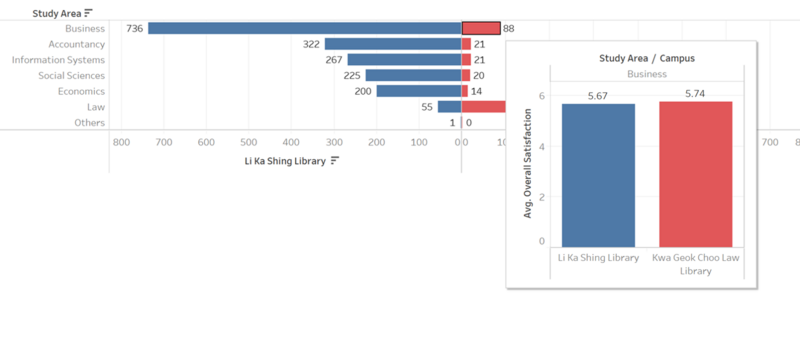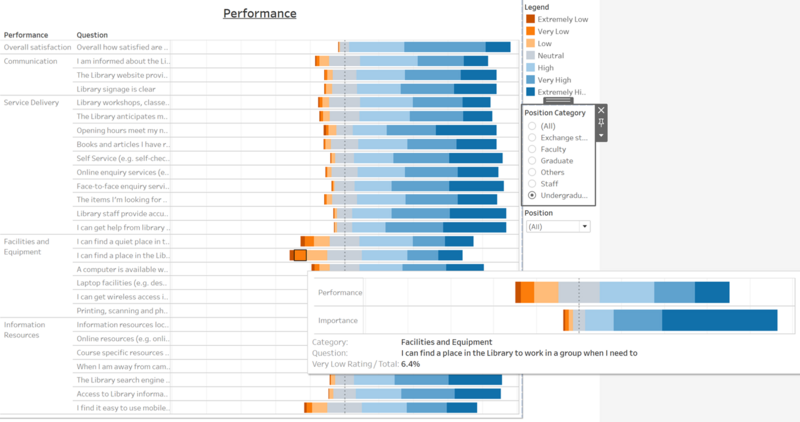Difference between revisions of "IS428 AY2019-20T2 YIP JIAN MING"
Jump to navigation
Jump to search
Jmyip.2016 (talk | contribs) |
Jmyip.2016 (talk | contribs) |
||
| Line 50: | Line 50: | ||
<strong>Stated Preference vs Revealed Preference</strong> | <strong>Stated Preference vs Revealed Preference</strong> | ||
| − | [[File:Undergrad3..png| | + | [[File:Undergrad3..png|800px]] |
{| class="wikitable" style="background-color:#FFFFFF;" width="90%" | {| class="wikitable" style="background-color:#FFFFFF;" width="90%" | ||
|- | |- | ||
| Line 74: | Line 74: | ||
<strong>Performance vs Importance</strong> | <strong>Performance vs Importance</strong> | ||
| − | [[File:Undergrad4.png| | + | [[File:Undergrad4.png|800px]] |
{| class="wikitable" style="background-color:#FFFFFF;" width="90%" | {| class="wikitable" style="background-color:#FFFFFF;" width="90%" | ||
|- | |- | ||
Revision as of 16:58, 15 March 2020
Participant Distribution
| Insights | Recommendations |
|---|---|
students, we see that daily visits are dominant. Participation in the survey also holds strong over the years. |
|
Stated Preference vs Revealed Preference
| Insights | Recommendations |
|---|---|
In 2018, there was lack of a sheltered walkway to the law school and also a lack of food options, both problems have since been addressed.
|
|
Performance vs Importance
| Insights | Recommendations |
|---|---|
|
|



